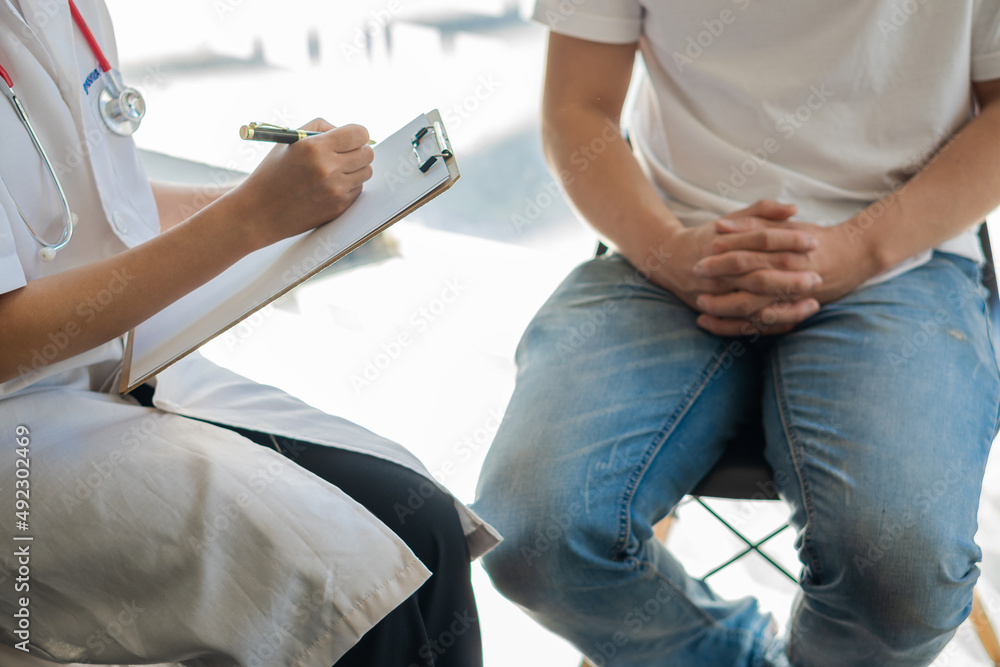Varicocele

A varicocele is when the veins in the sack that holds your testicles get swollen and kind of bumpy, sort of like varicose veins in older people’s legs. It usually happens more on the left side but can happen on both.
Varicoceles affect up to 15% of men.
There are a few things that can make it more likely for someone to get a varicocele:
- Age: It’s more common in teenage guys and young men.
- Family history: If your dad or brother had one, you might be more likely to get it too.
- Anatomy: Some people’s veins are arranged in a way that makes them more likely to get varicoceles.
- Obesity: Being overweight can put extra pressure on your veins and cause varicoceles.
- Occupation: Jobs where you have to stand or sit for a long time might raise your risk.
- Unknown reasons: Sometimes, varicoceles happen for no clear reason at all.
Usually, there’s no pain, but some may feel discomfort or notice a mass in the scrotum. Sometimes, one testicle may be smaller. It can also cause infertility in some cases.
We’re not exactly sure what causes a varicocele. One possible factor is when the valves inside the veins, which help blood flow properly, don’t work right.
Doctors can usually diagnose it by examining and feeling the scrotum. They might also use ultrasound to get a better look.
Your doctor might suggest an ultrasound exam. This uses sound waves to create images inside your body. It helps to:
- Confirm or describe the varicocele
- Rule out other possible causes
- Find anything blocking blood flow
Most of the time, a varicocele doesn’t need treatment. But if a man is having trouble having children, treatment might be suggested to fix the varicocele and improve fertility. For teens or young adults who aren’t trying to have kids, the doctor might just recommend check ups once a year to keep an eye on things. Surgery, or a procedure called an embolization , could be advised if:
- One testicle isn’t growing right
- The guy has a low sperm count or other sperm problems (this is usually only checked in adults)
- He has long-lasting pain that medicine doesn’t help
Your usual doctor can spot a varicocele and might send you to a special doctor called an interventional radiologist for treatment. They specialize in procedures like embolizations that don’t require a hospital stay.
You don’t usually need a referral to see an interventional radiologist. But, some insurances might have their own rules about this.
